As someone who appreciates KOTOR 2, I think that a lot of the love for the game comes from 3 factors:
-
Nostalgia for KOTOR 1
-
The fact that KOTOR 2 improved the combat system and the class/skill system, so if you liked skipping all the dialogue and getting to the part where you could swing your lightsaber around then this game feels like a significant improvement when the combat in the previous game often felt very tacked-on and like an afterthought
-
The aspirational "But it could have been a masterpiece!" sort of thing, where people see the rushed development which resulted in a game that was ultimately unfinished, this cohort tends to fill in the gaps with how great it could have been rather than extrapolating from what the game really was into what it likely would have been if it actually completed its development cycle, which wouldn't have been all that much better and the lost content restoration mod stands testament to the fact that, no, the bits that got left out weren't really going to be better than the rest of the game.
I think you're right about how Revan's story just got sidelined in the second game and how the villains were kinda meh. I feel like Nihilus was a really bad choice and just a placeholder for an actual villain because they didn't bother with any development, they used in-lore reasons for why he couldn't talk and his character was essentially incomprehensible in his motives aside from The One Thing™ 🙄, and they just kinda dropped him in towards the end and it's supposed to be a big deal because he's... kinda spooky I guess? Oh wait, some characters also tell you throughout the game that he's a big deal and you should invest in his character because they said so.
Kreia I think was decent but not fully realised (see above for what that means to fans) but I think conceptually it was cool to have a greyish-to-evil Jedi as your mentor.
The game did a better job of moral pathways, especially the grey and evil ones. The first KOTOR would pose very simple situations to the player - help and do the good thing, to good outcomes, but you either have to pay extra or miss the opportunity for money/loot or you lie and/or slaughter your way through and you get that loot.
KOTOR 2 made you think about the consequences of your actions more and there wasn't always the clearly obvious righteous path but instead you had to grapple with means vs ends and the ramifications of your choices. There was less [console the orphaned child and give them money to help them get back on their feet/kill the orphaned child and loot their bloodied corpse] options and more morally ambiguous options.
Kreia was supposed to be the fleshing out of the whole fall to evil thing and she did an okay job of it most of the time. If you played the game purely lawful good then she would have been frustrating but if you played it other ways or you weren't certain of your path then she is a more interesting deuteragonist than Bastila, who would just demand that you always take the lawful good path and chide you if you didn't, which wears thin really quickly. (This is from someone who has set out to play the game as evil multiple times and yet has failed and fallen to their better insticts every time lol, and this is also at the cost of Kreia chiding you for doing the right thing, for doing the wrong thing, or for trying to do the right/wrong thing and it backfiring due to circumstances, leaving you feeling as though there was no way to appease her because whatever you do she's likely going to be disappointed in you regardless.) She was, imo, a very clear swing-and-miss at representing something close to representing the concept of Wu Wei because the problem therein is to have a fallen/ultimately evil character who also represents neutrality/neutral-good - those two sit it direct contradiction with one another so it got muddled up in the story. Hence the beggar scene.
Being able to crack characters open and bring them to be your apprentices and to influence their alignment was a pretty cool mechanic that helped flesh out the story imo.
The game was really reaching for gritty realism (see: Atton being an actual representation of a rogue character rather than a caricature of a rogue who once was self-interested but decided to join up and now they're part of a merry band of do-gooders without any real justification or development, also the drab setting for most of the game) and a subversion of the tropes (which, in combination with the gritty realism, often devolved into outright edgelordism) but it often fell short of this lofty vision.
I think ultimately what the game was attempting, and failed to achieve, was a truly introspective player experience where there were more shades of gray than any clarity on anything - will Kreia be the final villain and if so, why is she on your side and why does she not do Big Evil Stuff™? (Which explains Nihilus being largely absent from the game, although that turned out kinda bad.) Why do I not trust the good characters a lot of the time and why do the evil-coded characters make compelling cases (sometimes)? Why is it that I can't always do the correct thing but I am forced to choose between imperfect options? Why do I find myself at odds with my Jedi mentor? Is there truly right and wrong? Are the means justified by the ends and what are the implications? etc.
I think one thing that needs to be kept in mind is that this game came out when the subversion of the trope wasn't itself a massive trope and gritty realism, while popular, hadn't reached peak saturation yet and so for a lot of people who grew up with the game it really did feel groundbreaking due to that context. I think this bookends really well with the discussion on Seinfeld happening elsewhere on Hexbear - people look back on Seinfeld and ask why it was considered so great at the time but they often don't understand that in the context of when it was produced, it was pretty groundbreaking for comedy and its influence was so significant that for a person going back to watch it after its run, it seems like Seinfeld is just rehashed and worn out. But that's not because of Seinfeld itself, it's because it changed the shape of comedy that came after it (for better or worse) such that it doesn't feel groundbreaking at all looking at it retrospectively.
It's a bit like if we were to watch an early husband and wife sitcom like I Love Lucy or something - we'd know all the tropes, we'd see all the punchlines before they landed, we'd consider it a tired and worn out concept despite never having watched it even though, at the time, it was so influential and groundbreaking that it effectively shaped the direction of its entire genre. Sometimes things are just a product of their time and that means that they don't always age that well.
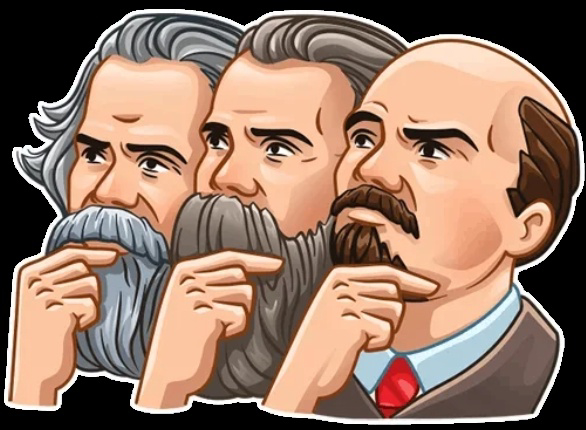
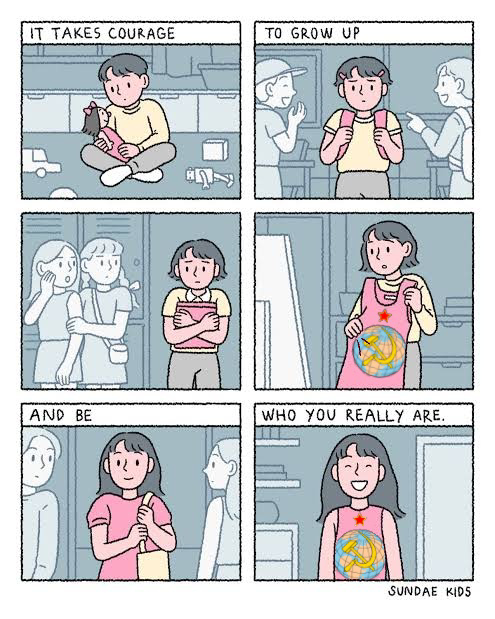
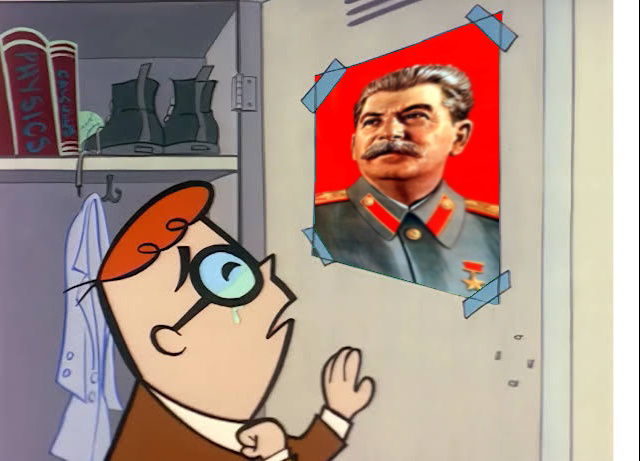
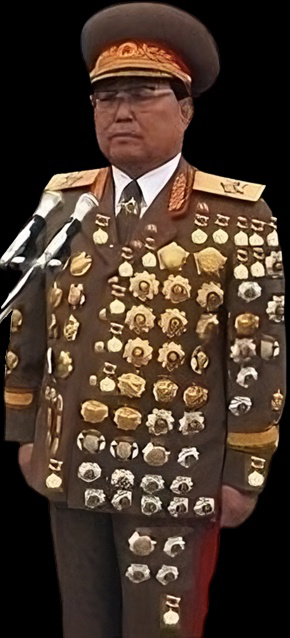
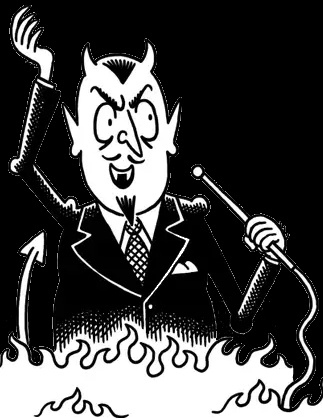
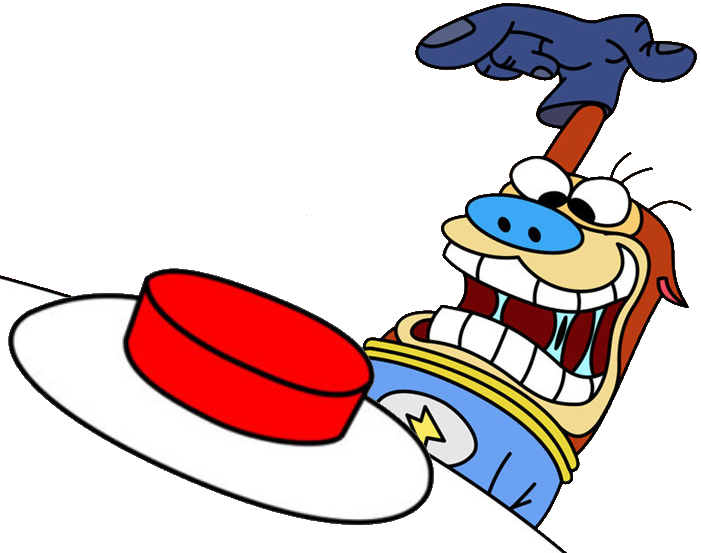
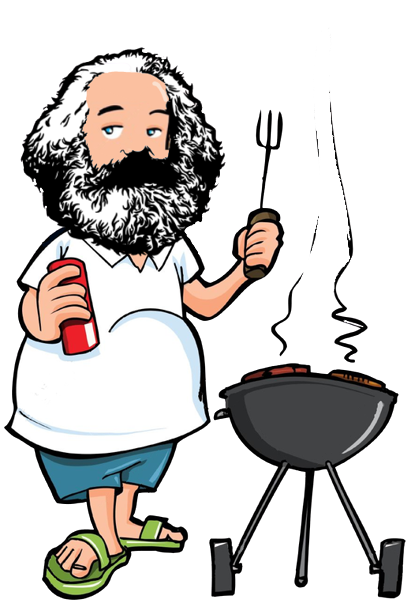
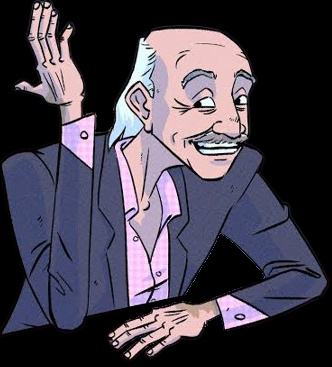
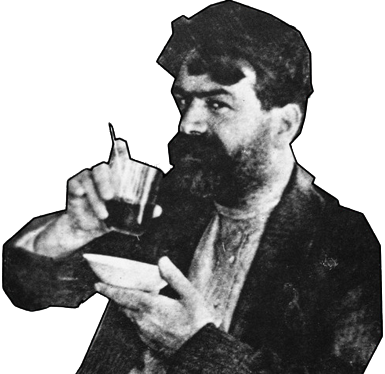




I feel like I've been shilling this idea on Hexbear since I signed up but, to rehash it once again:
The terminally-liberal brain is so steeped in this reflexive (as in "a reflex", not as in "turning the concept inwards" - fuck I hate autoantonyms smh) equality that they take their own personal experiences and universalise them, completely whitewashing the fact that there are vastly different people, classes, cultures, worldviews etc.
It's nice to think of everyone as ultimately equal, don't get me wrong, but when that idea gets overextended then it becomes "my (hegemonic) worldview and my experience of and relationship to the world is the same as everyone else's" it becomes toxic because it becomes a barrier to truly understanding something like intergenerational trauma or the effects of serious poverty or even just understanding that some cultures are more communally-minded than individualistic.
This is clearly demonstrated by those r/ABoringDystopia posts of homeless people wearing VR headsets. Bruh, do you not spend time at home on leisure and escapism? Would you not want to engage in escapism if you were homeless? I get that you think you're special and you've done something unique in order to earn your station and that, if you were homeless, you'd pawn that VR headset and use your entrepreneurial spirit to bring yourself back to your current (earned) station but... that's not how homelessness works, buddy.
Hence why they just assume that because they confer a special degree of importance to their little social media comments then therefore so would Xi Jinping and Putin, obviously.
It's this feigned sort of overextended empathy which is ultimately chauvinistic in nature that ends up becoming a parody of itself.
Edit: One essay that really shines a light on this attitude is To Hell With Good Intentions written by the anarchist Ivan Illich who delivered this speech at the dawn of the era of voluntourism.
Libs just think that voluntourism is inherently beneficial and that they can just go somewhere and deliver a better way of living to the poor, backwards masses in underdeveloped/overexploited countries because their way of doing things is inherently superior and all that shit without a moment's consideration for what it means to be on the receiving end of voluntourism because "if my intentions for voluntourism are good and beneficial then the recipients will obviously receive this gratefully because they will also consider it to be good and beneficial" (except that's giving too much credit because I don't think people even go so far as to entertain the consideration for what recipients of voluntourists might possibly think, it's just dogmatically assumed that voluntourism = good. No question!)
Meanwhile there's troubling reports that there are "orphanages" running in the developing world which are actually engaging in rampant child trafficking in order to lure in voluntourism bucks by promising life changing experiences™ and doing good for the world™ etc. by letting westerners spend a couple of weeks teaching the trafficked kids how to say a few english words and shit like that...